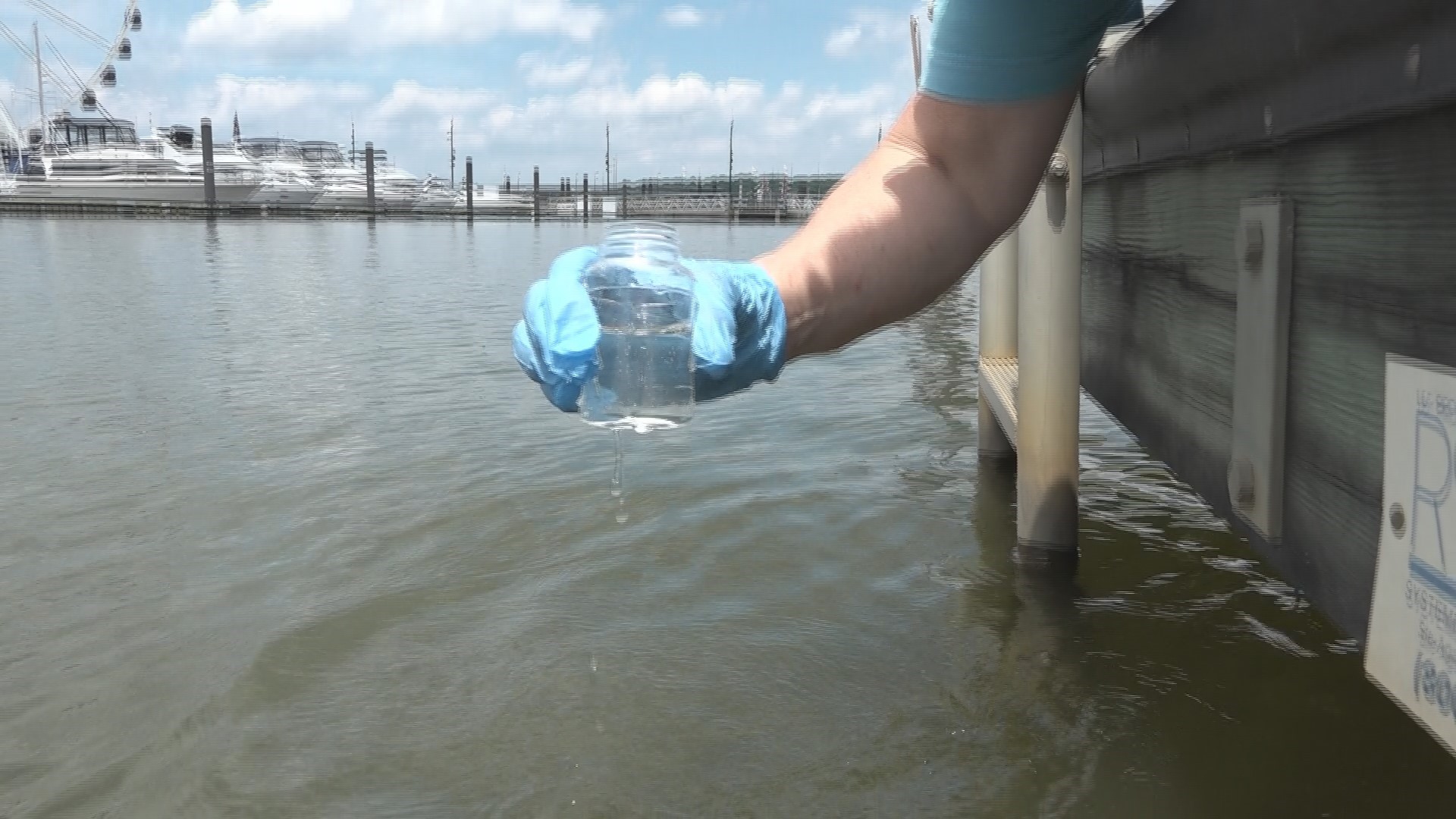WASHINGTON — Some Maryland counties test community swimming beaches and waterways twice a month, while others do no testing at all, an analysis of data posed to a pollution tracking app called Swim Guide by WUSA9 finds.
At the same time, advocacy groups like the Potomac and Anacostia Riverkeepers are updating pollution safety data once a week even though swimming is forbidden in D.C. waterways because of pollution fears.
Some testing locations on the Shenandoah River have posted no recent data, according to Swim Guide.
The WUSA9 analysis found that if you’re headed to a local beach to swim or are planning do do any kayaking, paddleboarding or jet skiing, the data on pollution safety can often be incomplete or out of date.
That's because there is no national standard for such swim safety reporting and little funding or incentive for local governments to do it, according to Dean Naojkus, the Potomac River Keeper.
Despite the swimming ban in D.C. waters, Naojkus said people are in constant contact with the urban Potomac through activities like wading, kayaking, paddleboarding, tubing and jumping from boats to cool off.
The most recent weekly data complied by the Potomac River Keeper shows the Potomac in the D.C. area has bacteria levels that meet safety thresholds for water contact.
In Anne Arundel County Maryland, where the health department monitors water quality at dozens of community beaches at least twice per month, at least 14 community beaches have flunked recent bacteria tests, according to Swim Guide.
Naojkus warned that regardless of safe test results reported online, all bets are off in the wake of any heavy rain event.
"if it has rained in the last 48 to 72 hours there is a lot of runoff that can come from combined sewer overflows," Naojkus said. "You also have pet waste and contaminated runoff from farms in rural areas."
"Stay out of the river after it has rained to be safe," he said.

